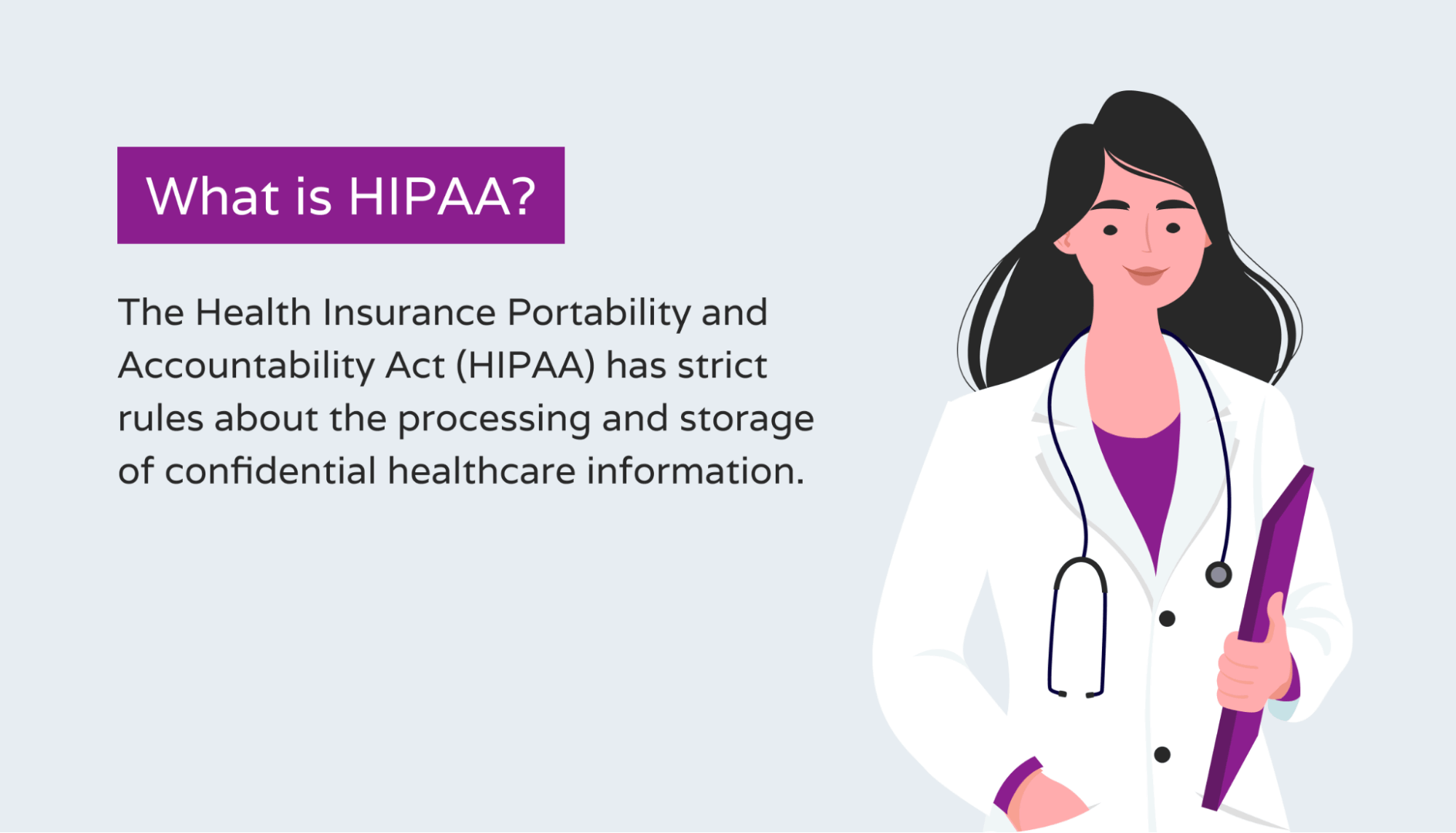

Hippa Compliance for Medical Courier Service (Bocsit.com)
HIPAA (Health Insurance Portability and Accountability Act) compliance is crucial for medical courier services that handle and transport healthcare-related information and materials, including medical records, specimens, and samples. Here are key considerations for HIPAA compliance in a medical courier service:
Training and Awareness:
Ensure that all employees and contractors who handle medical information and specimens are trained in HIPAA regulations. Maintain awareness of the importance of patient privacy and data security among your workforce.
Access Control:
Implement strict access controls to limit physical and electronic access to medical records and specimens. Only authorized personnel should handle these materials. Use secure locks and access cards to control physical access to storage areas and vehicles.
Secure Transport:
Transport medical records and specimens in a secure and confidential manner. Use lockable containers and vehicles with restricted access. Ensure that drivers are trained to protect the confidentiality of materials and prevent unauthorized access during transport.
Encryption and Data Security:
Encrypt electronic health information (ePHI) during storage and transmission. Implement robust cybersecurity measures to protect against data breaches and cyber attacks.
Physical Safeguards:
Implement physical safeguards such as secure storage rooms, locked cabinets, and secure shredding processes. Maintain logs of physical access to storage areas.
Policies and Procedures:
Develop and maintain policies and procedures that address HIPAA compliance, including how medical records and specimens are handled, transported, and stored. Ensure that your policies are up to date with the latest HIPAA requirements.
Business Associate Agreements:
If your courier service is considered a business associate under HIPAA, establish written agreements with covered entities (e.g., healthcare providers) that outline your responsibilities for safeguarding patient information.
Breach Notification:
Have a breach response plan in place to address potential security incidents promptly. Under HIPAA, you are required to report breaches of unsecured PHI.
Audit Trails:
Implement audit trails for electronic systems handling medical information to track who accesses the data and when.
Document Retention:
Establish policies for the retention and disposal of medical records and specimens in compliance with HIPAA requirements.
HIPAA Training Records:
Maintain records of HIPAA training for your employees and contractors as evidence of compliance.
Risk Assessments:
Conduct regular risk assessments to identify vulnerabilities and areas where improvements are needed to enhance security and compliance.
HIPAA Compliance Officer:
Designate a HIPAA compliance officer or responsible individual within your organization to oversee HIPAA compliance efforts.
Regular Updates:
Stay informed about changes to HIPAA regulations and update your policies and practices accordingly.
Penalties and Liability:
Understand the potential penalties and liabilities associated with HIPAA violations, including fines, legal actions, and damage to your reputation.
Compliance with HIPAA regulations is not only a legal requirement but also essential for maintaining the trust of healthcare providers and patients who rely on your courier service to protect their sensitive medical information. Regularly review and update your HIPAA compliance program to adapt to evolving healthcare security standards.
Related Posts
© 2025 Invastor. All Rights Reserved

User Comments